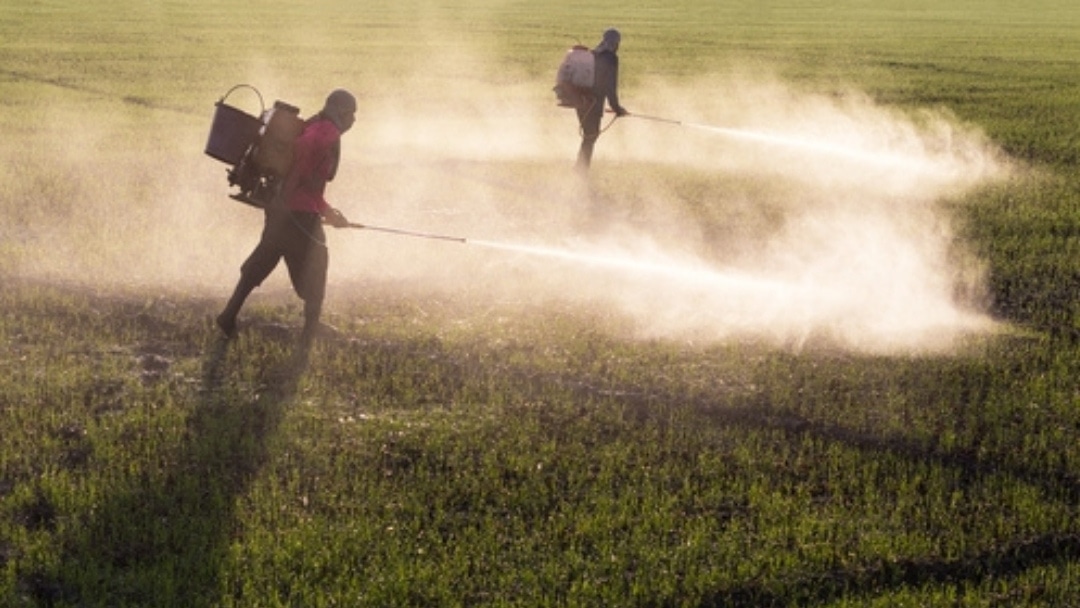Most of us consider our lifestyle to be “advanced” as compared to much of the rest of the world, but in reality we really need to eliminate toxins.
Toxins make us all sick, and our children are the most vulnerable.
To eliminate toxins from our environment, home, food, medications, and lifestyle will keep our families healthy, safe and protected.
Here are some toxins you definitely want to consider avoiding and eliminating:
- Household cleaners are full of petrochemicals that are very toxic to our lungs and eyes because they are airborne. Always use natural alternative cleaners.
- Tap water is treated with chlorine, fluoride and over 300 or more chemicals. Either install a water filter or buy water.
- Mold is the silent killer lurking in your home that can go unnoticed for years. It can be cleaned with tea tree oil, Thieves oil, or apple cider vinegar. If mold is found in the walls, they need to be torn down and rebuilt.
- Pesticides are carcinogenic, immunosuppressant, and endocrine (hormones) disruptors. Use organic pest control, fruit and vegetable wash, and check for pesticides in fruit and vegetables – see the Clean 15 and Dirty Dozen fruit and vegetable list from the Environmental Working Group (EWG). http://www.fullyraw.com/dirty-dozen-clean-15/
- Read labels on all foods. Avoid hydrogenated oils, aspartame, monosodium glutamate (MSG), color additives and dyes, Genetically Modified Organisms (GMOs), trans fatty acids, hydrolyzed yeast, BHA, BHT, propylgallate, polydextrose, artificial flavoring, high fructose corn syrup, potassium bromated,olestra, sodium nitrate and nitrates, benzoic acid, emulsifiers and all other chemical preservatives and additives.
- Eat real food. Avoid any processed or packaged foods.
- Eat wild fish not farm-raised fish. Avoid large fish such as tuna and shark, which have more methylmercury. Buy mercury-free fish.
- Avoid any medications with the preservative thimerosal. It contains ethylmercury which can negatively affect neurological functioning.
- Do not have mercury amalgams put in your mouth. See a biological dentist.
- Read the consumer report on arsenic found in foods: http://www.consumerreports.org/cro/magazine/2012/11/arsenic-in-your-food/index.htm
- Get rid of all aluminum, non-stick and Teflon cookware. The dangerous chemical perflorooctanoic acid (PFOA) is released when heated. Use stainless steel, ceramic, cast iron, glass, or stoneware cookware.
- Air fresheners, candles, shampoos, soaps and other fragrant items release benzene and other harmful chemicals into the air. Use essential oils instead.
- Perfumes have a variety of toxic chemicals such as acetone, benzaldehyde, ethanol, ethylacetate, camphor, alcohol and methylene chloride. Use essential oils instead.
- If your child is sick, use homeopathy, herbs, essential oils and supplements instead of medications if possible to avoid the toxic ingredients in medications and pharmaceutical drugs.
- Avoid plastic water bottles, which contain BPA.
For further information, check with the Environmental Working Group (EWG) on how to eliminate toxins in our environment. http://www.ewg.org/
Still Looking for Answers?
Visit the Epidemic Answers Practitioner Directory to find a practitioner near you.
Join us inside our online membership community for parents, Healing Together, where you’ll find even more healing resources, expert guidance, and a community to support you every step of your child’s healing journey.
Sources & References
Samsel, A., et al. Glyphosate, pathways to modern diseases III: Manganese, neurological diseases, and associated pathologies. Surg Neurol Int. 2015 Mar 24;6:45.
Tobacman, J.K. Review of Harmful Gastrointestinal Effects of Carrageenan in Animal Experiments. Environmental Health Perspectives. 2001 Oct;109(10):983-94.
U.S. Food and Drug Administration. FDA Issues Recommendations for Certain High-Risk Groups Regarding Mercury-Containing Dental Amalgam. 24 Sep 2020.
Wallinga, D., et al. Not So Sweet: Missing Mercury and High Fructose Corn Syrup. Institute for Agriculture and Trade Policy, Minneapolis, Minnesota. Jan 2009.
